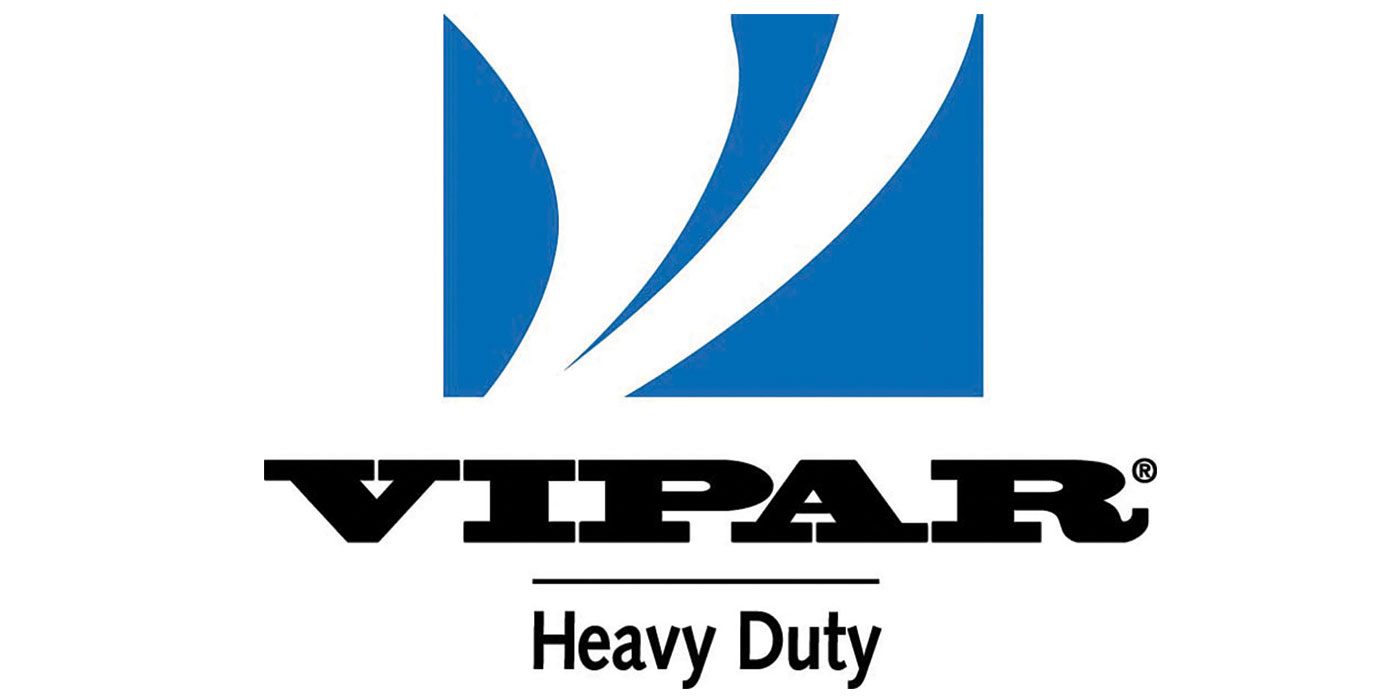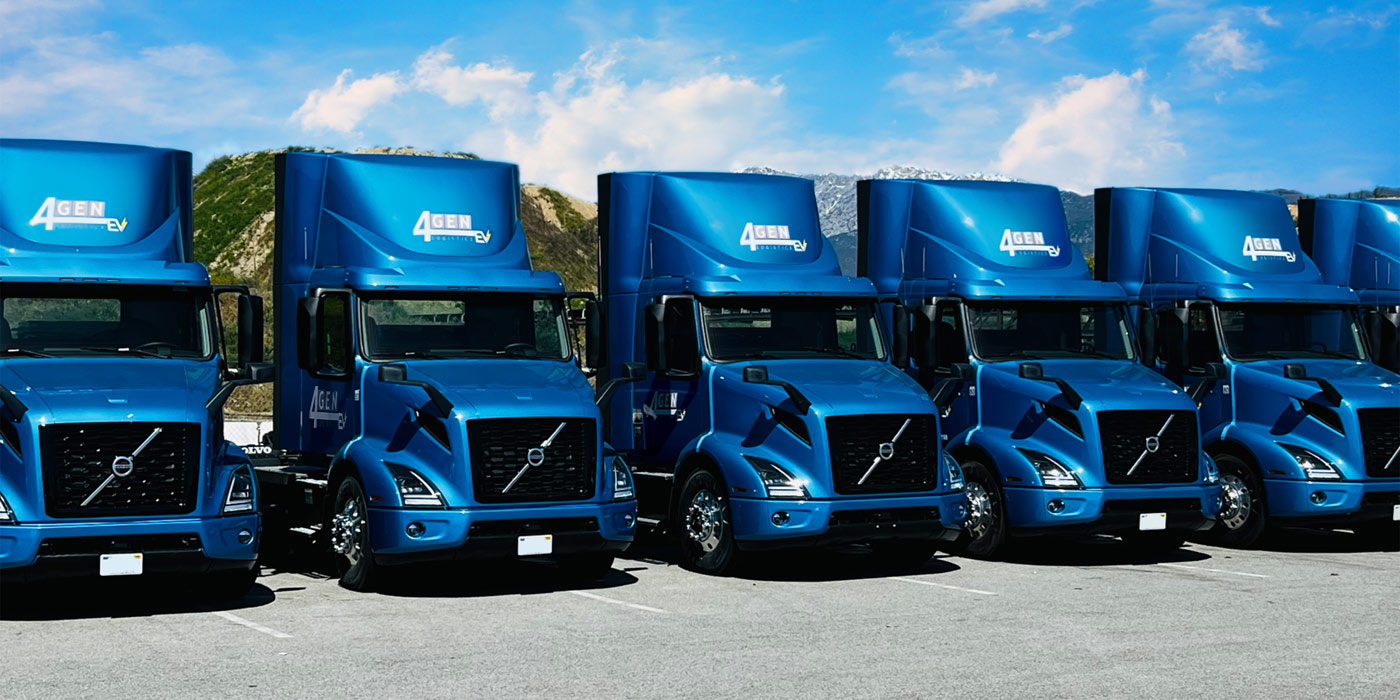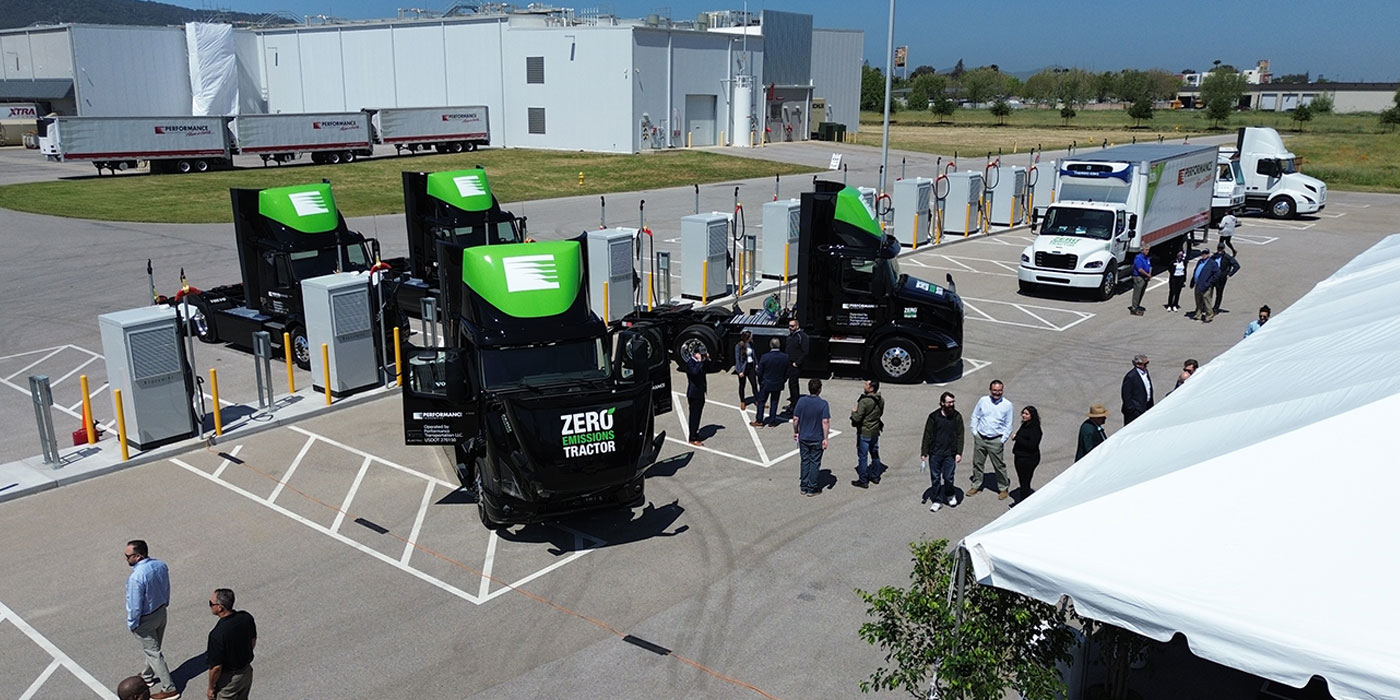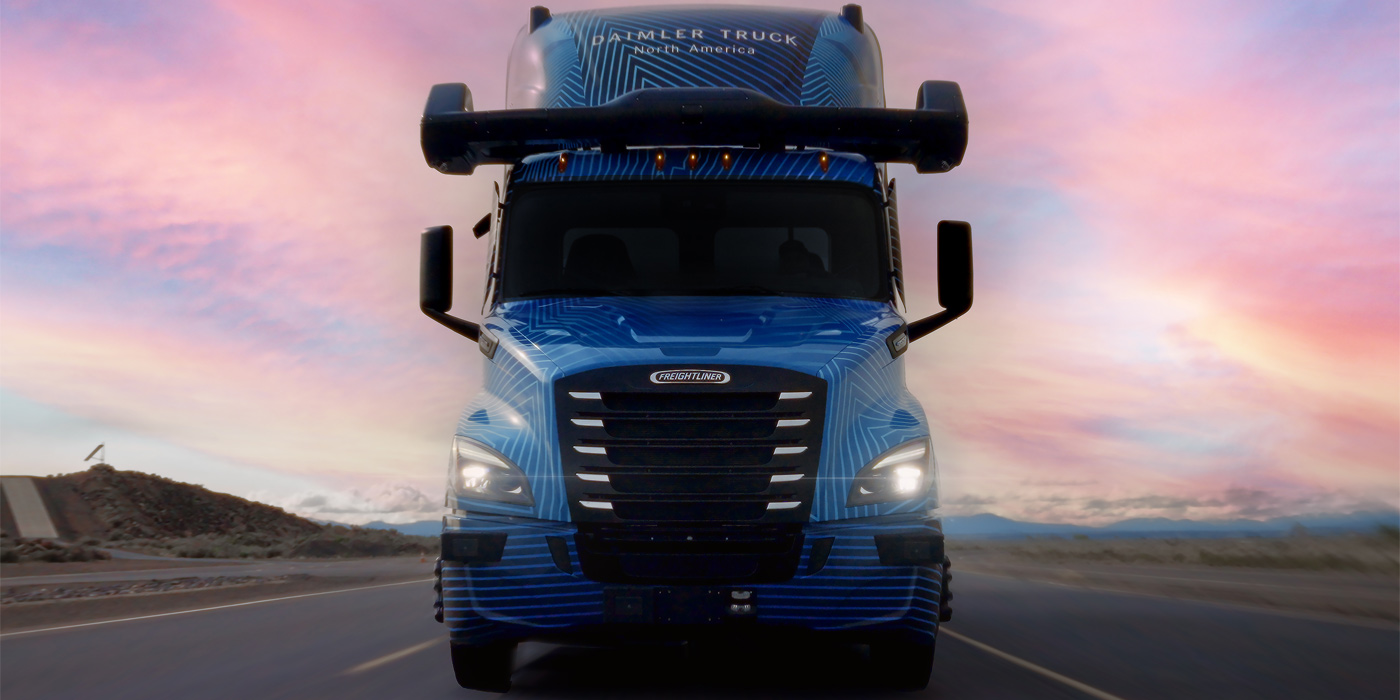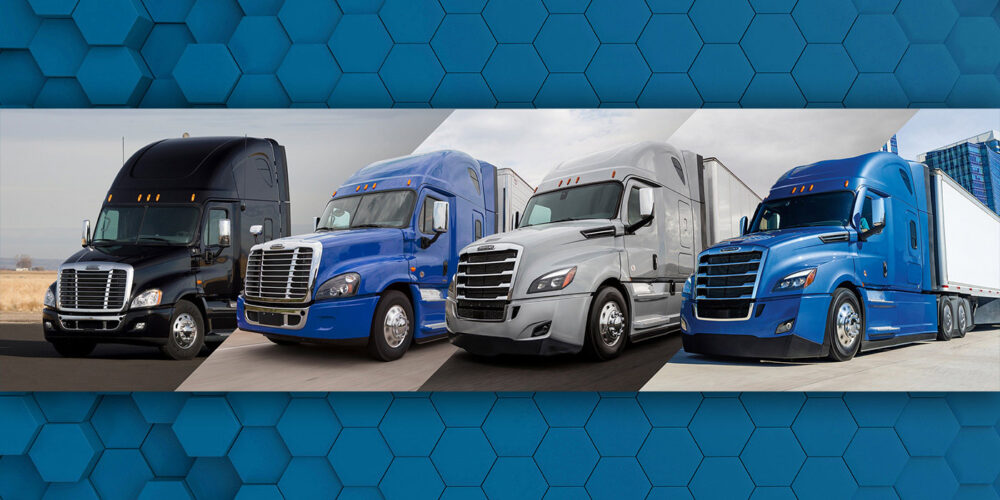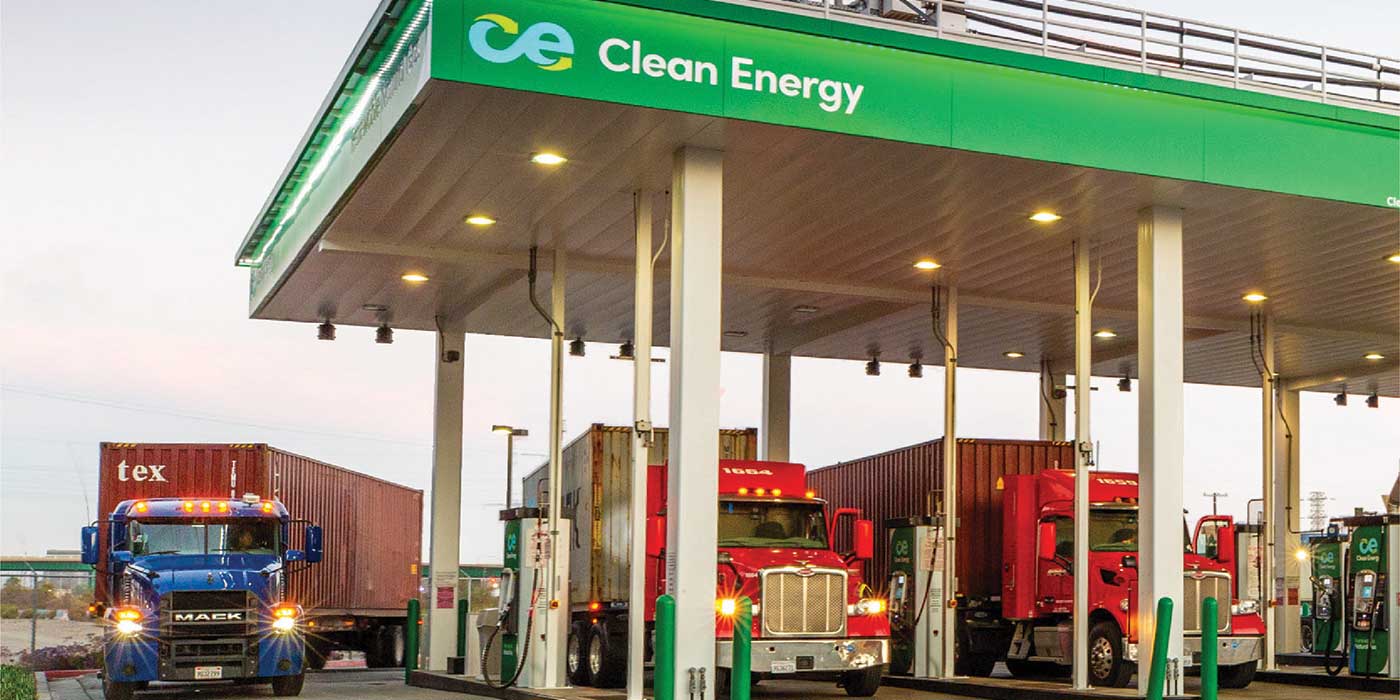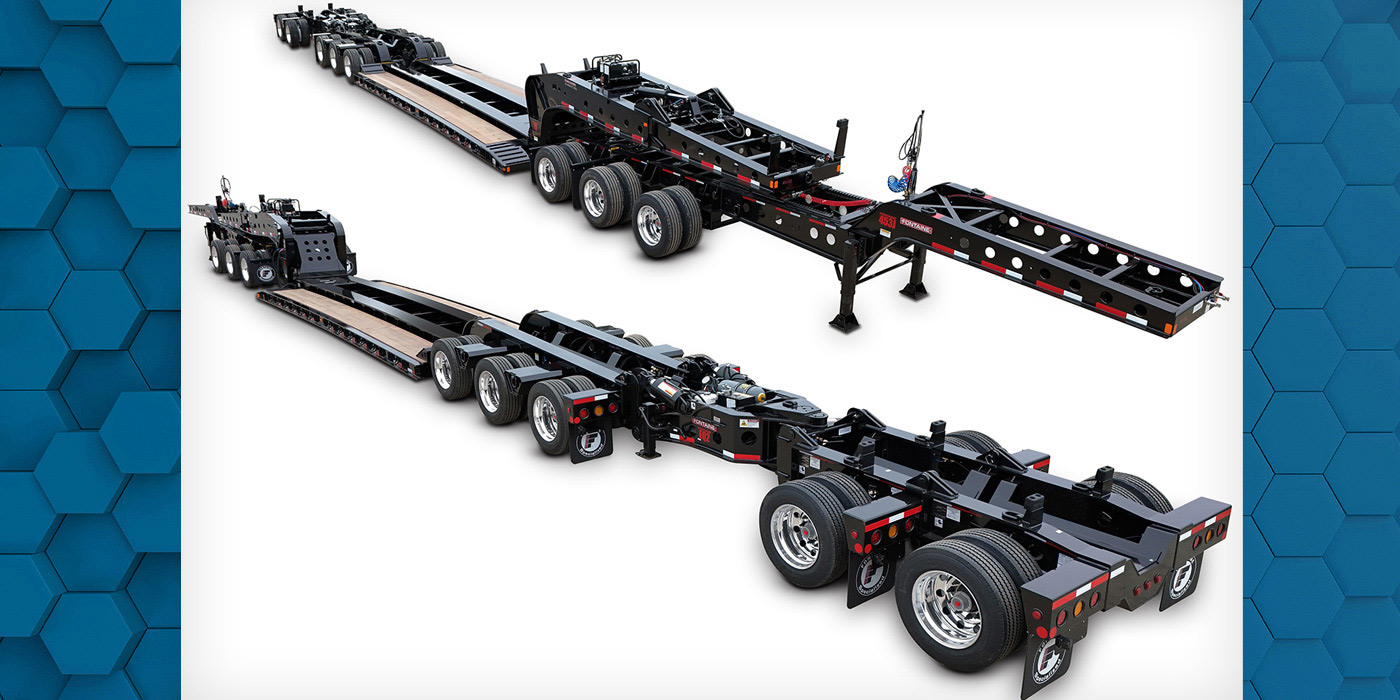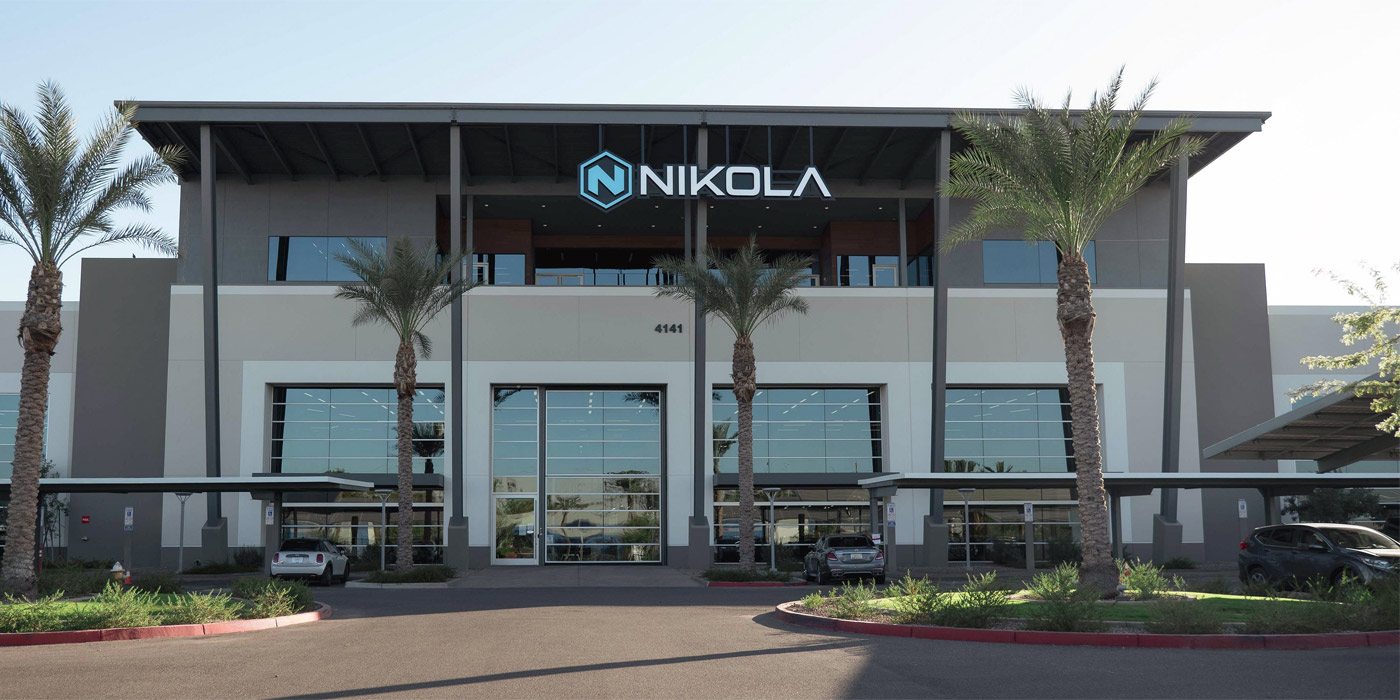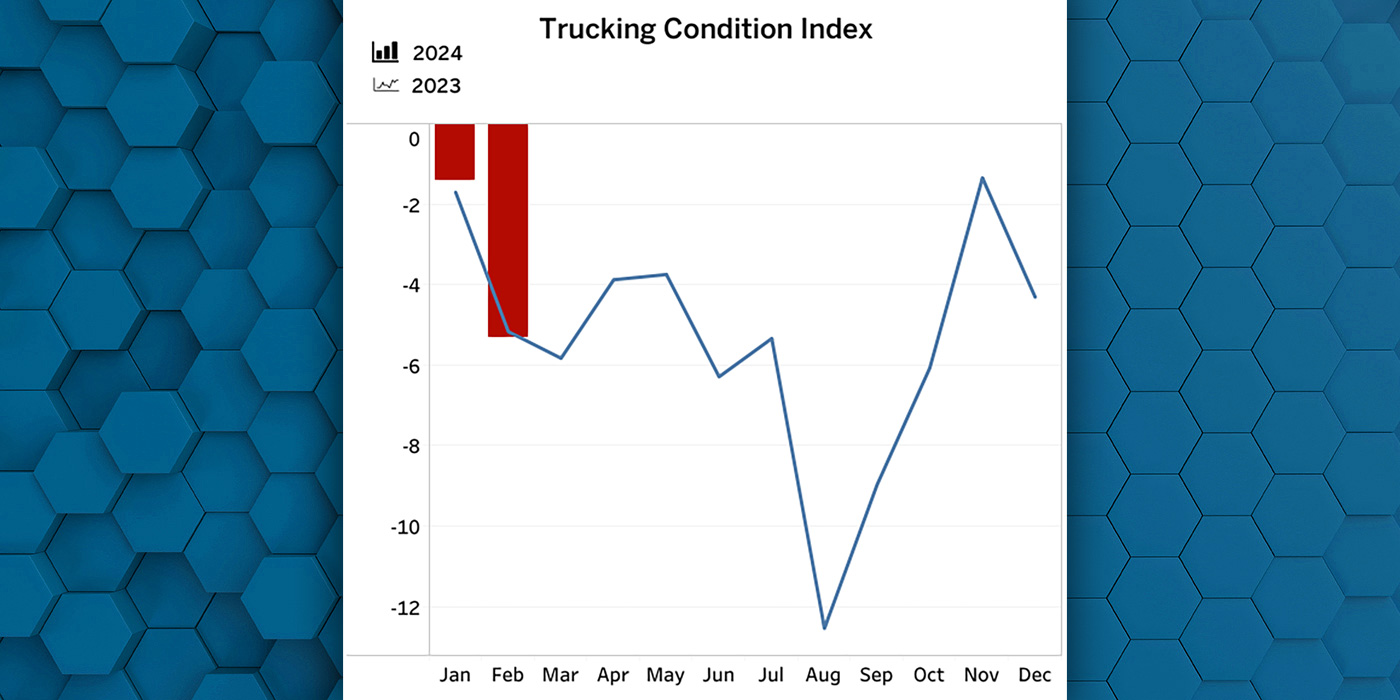Volvo Trucks North America that it will be fueling newly assembled trucks with renewable Hydrotreated Vegetable Oil (HVO), as they depart from the Volvo Trucks New River Valley Assembly Operations (NRV) in Dublin, Virginia. The NRV plant produces all Volvo trucks for the North American market, including the forthcoming new Volvo VNL, ahead of production later this summer.
Volvo says this initiative is part of its broader strategy to decarbonize through a three-pillar approach: enhancing ICE efficiency and drop-in renewable fuels to make the largest immediate emissions reductions while continuing to scale the Class 8 Volvo VNR Electric and developing hydrogen fuel cell trucks.
“Today and for the foreseeable future, there will not be a one-size fits all approach to decarbonizing transportation,” said Peter Voorhoeve, president of Volvo Trucks North America. “That is why, at Volvo Trucks, we are focused on the three-pillar strategy with battery electric, hydrogen fuel cell and renewable fuels in the internal combustion engine. With the all-new Volvo VNL and by utilizing HVO, we can make the most substantial and immediate impact today. There is a future for the ICE and we’re happy to be doing all factory fills with renewable fuel, an important step towards walking the talk in our sustainability journey.”
Volvo Trucks is fueling new trucks leaving the NRV plant with 20 to 25 gallons of HVO per tank, with full tanks provided for trucks destined directly to customers. They expect this initiative to replace 1,125,000 gallons of fossil-based diesel annually, achieving an estimated 75% to 85% reduction in CO2 emissions for Volvo Trucks’ operations in North America.
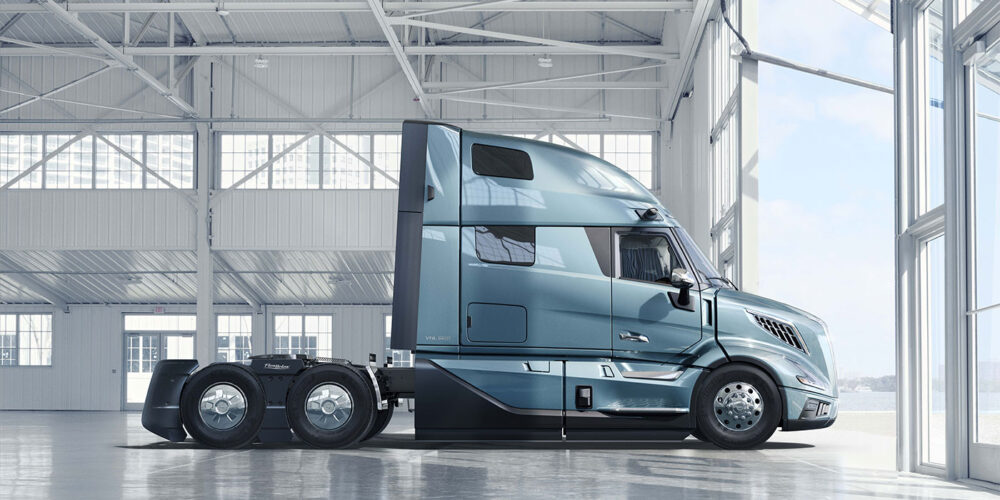
Volvo tells us HVO is a renewable fuel that can be used in the same engine as fossil-based diesel without requiring engine modifications. Produced from renewable sources such as waste vegetable oils and animal fats, HVO has the same chemical structure as fossil-based diesel so it can be used as a direct replacement to reduce greenhouse gas emissions while maintaining engine performance. By utilizing these waste products as feedstocks, Volvo says HVO production can promote a more sustainable circular economy by converting waste into valuable fuel.
Volvo explains that these raw sources are processed using a hydrotreatment to achieve high levels of purity allowing HVO to be stored, used, pumped, and handled virtually the same way as fossil-based diesel products. Because HVO is hydrogenated it doesn’t contain oxygen and does not present the challenges of first-generation biofuels, including biodiesel, relating to extreme temperature and storage, Volvo said.
HVO, often referred to as renewable diesel, can be used interchangeably with petroleum diesel. Renewable diesel at any blend up to a maximum of 100% (RD100) that conforms to ASTM D975 or EN15940 will not adversely affect engine or aftertreatment performance or durability, according to Volvo.


